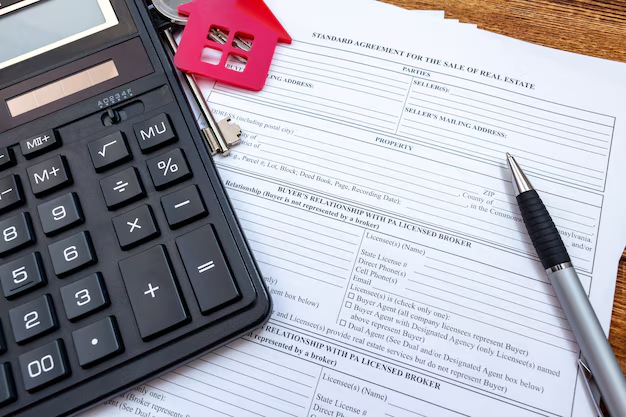Breaking Your Apartment Lease: What You Need to Know
Deciding to break an apartment lease can be a challenging and often costly decision. Understanding the financial implications of breaking a lease is crucial, as fees and penalties can quickly add up. Most leases contain a specific clause detailing these penalties—often consisting of paying a certain amount or forfeiting a security deposit. But there are ways to potentially ease the burden.
Common Costs Involved
Early Termination Fee
Many leases include an early termination fee, which can range from a few hundred dollars to the equivalent of two months' rent. This cost is often unavoidable unless a suitable replacement tenant is found.Forfeiture of Security Deposit
Landlords may require forfeiting the security deposit, which typically amounts to one month's rent, as a condition to release you from the contract.Rent Payment Until New Tenant Moves In
Some landlords may require you to continue paying rent until a new tenant is found. This could extend your financial responsibility for several months.Repair and Cleaning Costs
Deductible costs for repairs or cleaning that go beyond normal wear and tear might also hit your wallet if you break a lease.
Negotiating With Your Landlord
It’s always worth having an open conversation with your landlord. Explaining your situation and proposing solutions like finding a replacement tenant or subletting your apartment could potentially reduce your financial liability.
Legal Grounds and Exceptions
There are certain legal stipulations in many jurisdictions that allow tenants to break a lease without penalty. These include:
- Military deployment
- Health emergencies
- Unsafe living conditions
Before making a decision, check your local housing laws to see if any of these exceptions apply to you.
Explore Financial Assistance Programs
If you're struggling with lease-breaking costs, various financial aid options can offer support:
- Government Rent Assistance Programs: These programs can provide temporary financial relief to help cover immediate housing costs.
- Financial Hardship Scholarships and Grants: Some community programs offer educational grants that cover housing costs as part of broader financial assistance.
- Credit Card Solutions: Certain credit cards offer zero-interest promotional periods, which can be beneficial for spreading out large payments related to rental fees.
Harnessing Resources
When breaking a lease, it can be helpful to have a plan in place to manage the financial burden. Utilizing available resources and assistance programs can make the process less daunting and more manageable.
📝 Financial Assistance and Solutions:
- 🚪 Housing Vouchers: Government aid for qualifying low-income individuals or families.
- 📚 Educational Grants: Scholarships available for students that may include housing support.
- 💳 Credit Cards with 0% APR: Cards that allow you to manage large expenses over time interest-free.
- 💡 Local Non-Profit Aid: Organizations offering emergency financial aid for housing-related expenses.
- 🎖️ Military Assistance Programs: Dedicated resources for service members and their families.
- ⚖️ Legal Aid Services: Help with understanding tenant rights and lease agreements.

